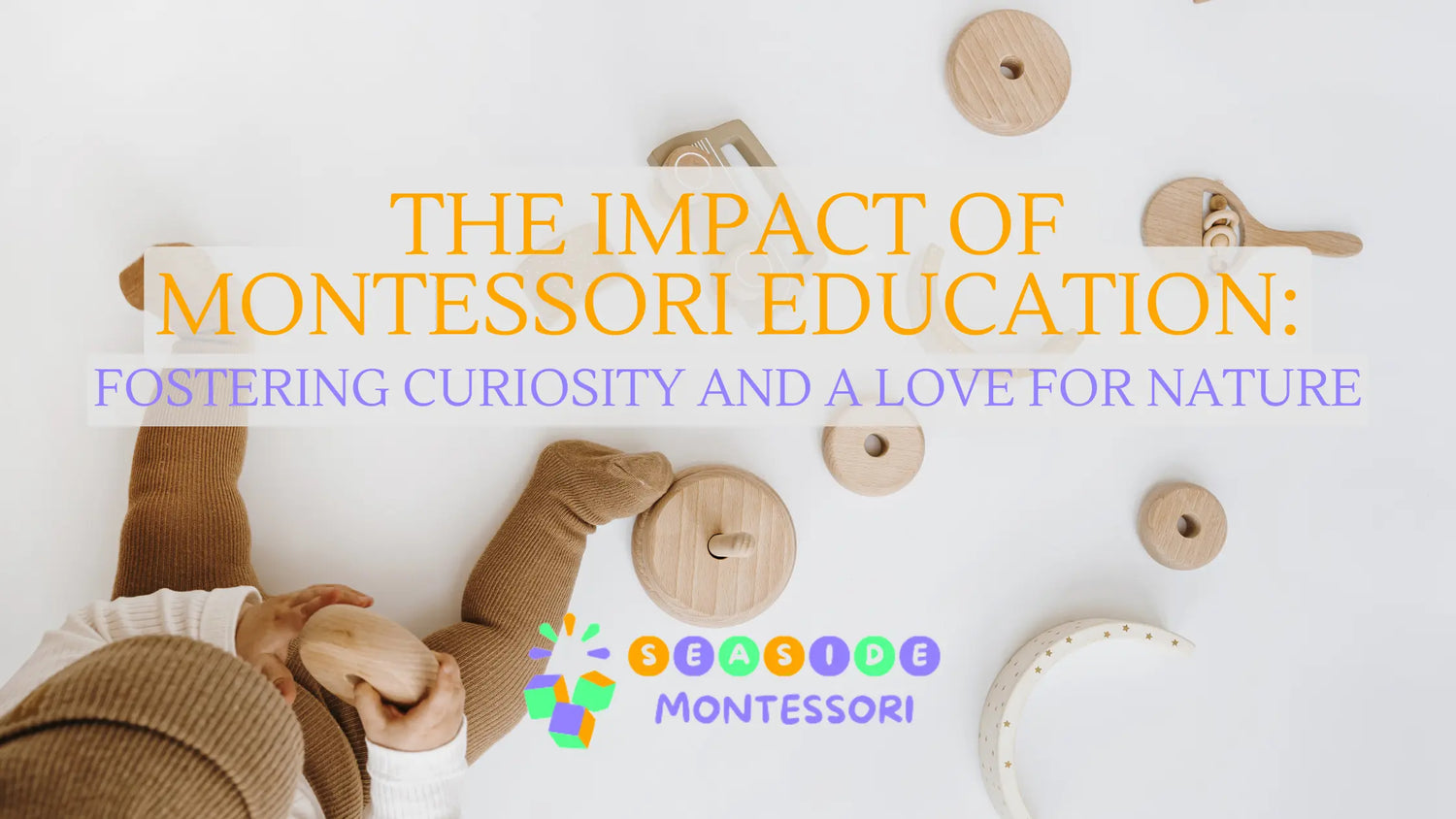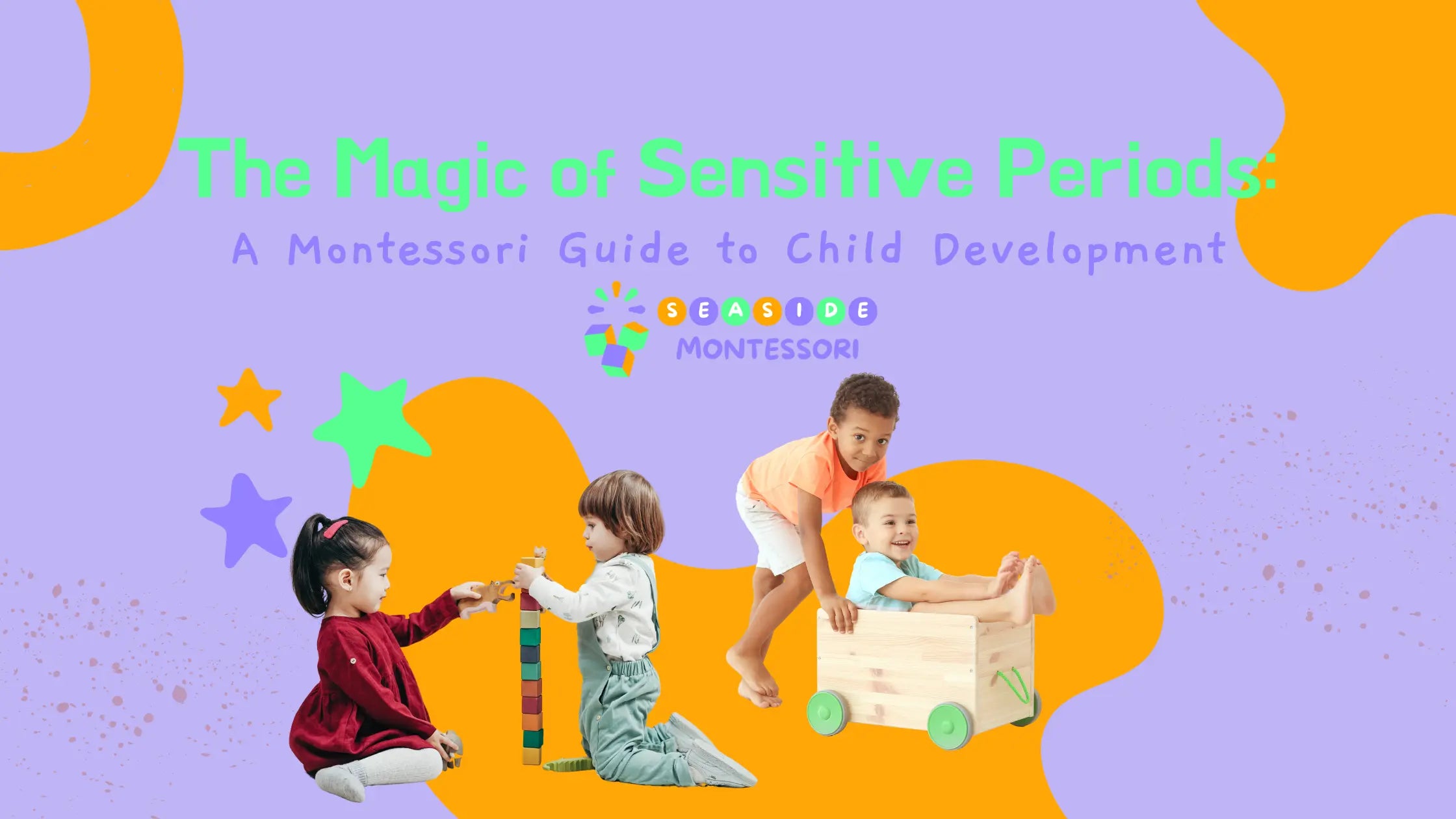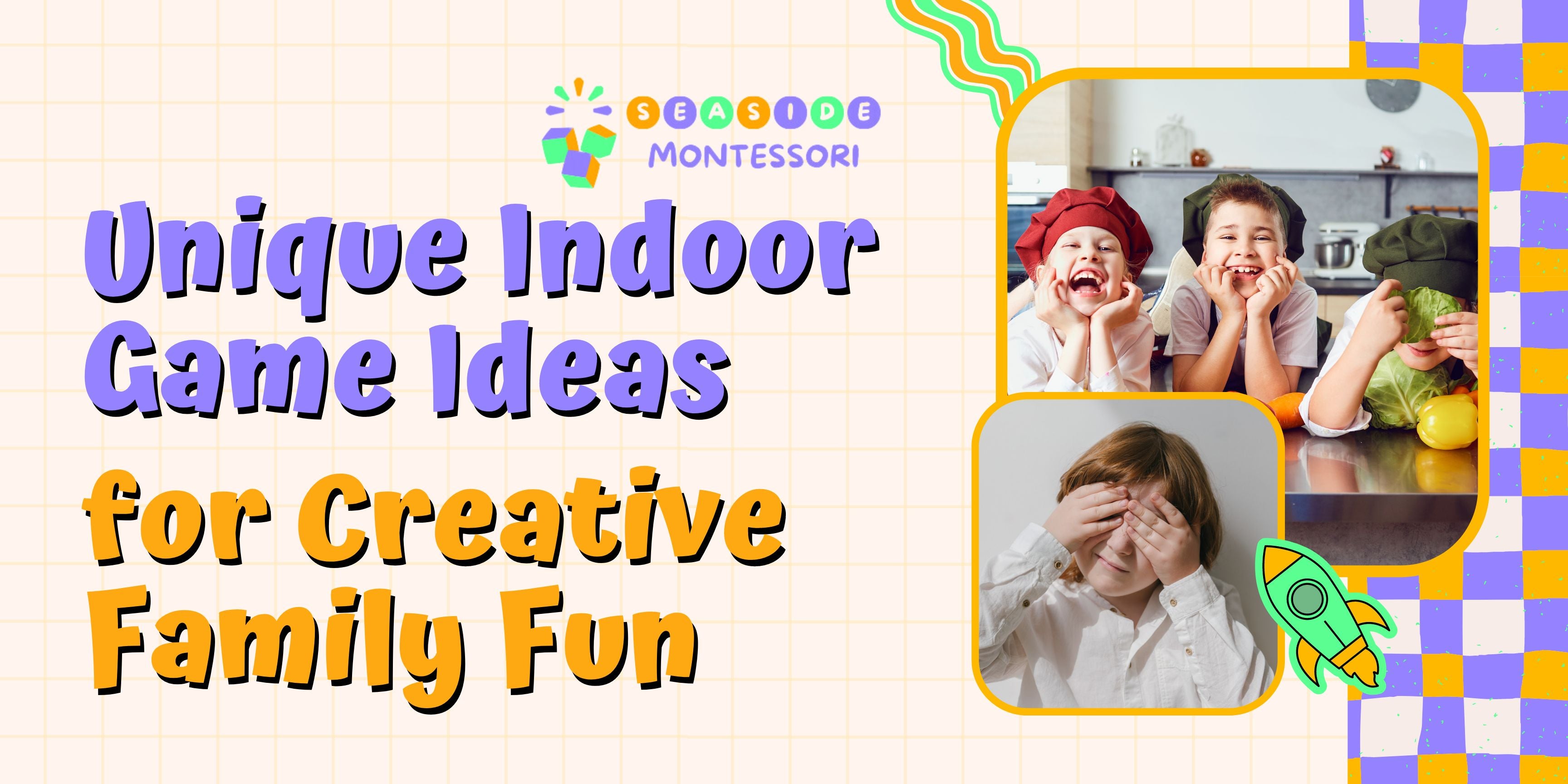Montessori education is a unique approach that respects and nurtures each child’s innate desire for knowledge, understanding, and respect for the natural world.
This educational method, established by Dr. Maria Montessori, emphasizes hands-on learning, self-directed activity, and collaborative play. At the heart of Montessori teaching is the use of specific educational materials that encourage children to explore their world through their senses, engage in practical life skills, and cultivate a deep appreciation for the environment. In this exploration, we see how Montessori education, including the subtle use of well-crafted wooden toys, can foster curiosity and a lifelong love for nature.
Encouraging Exploration and Independence
Montessori classrooms are meticulously organized environments, equipped with materials that encourage children to move freely and select activities that interest them. This freedom results in a learning experience guided by the child's own curiosity and pace, which is crucial for fostering independence. The materials used, often made from natural elements like wood, help connect children to the real world and offer them a tangible sense of nature’s importance. For instance, toys that require sorting, stacking, or assembling encourage children to think critically and solve problems independently, building their confidence and decision-making skills.

Learning Through Sensory Experiences
The sensory-based learning common in Montessori education helps children develop cognitively, socially, and emotionally. Materials are designed to be multi-sensory, hands-on, and manipulative, allowing children to learn through trial and error, discover their own errors through feedback from the material, and correct themselves independently. This tactile learning is not only engaging but also immensely beneficial in building neural pathways associated with complex learning tasks. For example, simple wooden toys can demonstrate basic principles of physics, mathematics, or geometry, sparking interest and understanding in fundamental concepts through playful exploration.
Cultivating Environmental Stewardship
Montessori materials, often made from sustainable resources, implicitly teach children about the value of nature and the importance of caring for the environment. By using wooden blocks, children not only explore geometric concepts but also feel the texture of the wood, connect with the material's organic origin, and unconsciously develop respect for the natural resources. Such experiences are foundational in raising environmentally conscious individuals who appreciate and advocate for sustainable practices.

Montessori education goes beyond academic achievements; it aims to raise thoughtful, independent, and conscientious individuals. Through its child-centered approach and use of natural materials, it fosters not only intellectual development but also a profound connection with the natural world. This holistic development ensures that learning is not just about absorbing information but about becoming a responsible and curious individual. As children interact with simple, purposeful toys, they learn valuable lessons about respecting and valuing the environment around them, proving that every aspect of Montessori education is geared towards creating a better future for our children and the planet.








Leave a comment
All comments are moderated before being published.
This site is protected by hCaptcha and the hCaptcha Privacy Policy and Terms of Service apply.